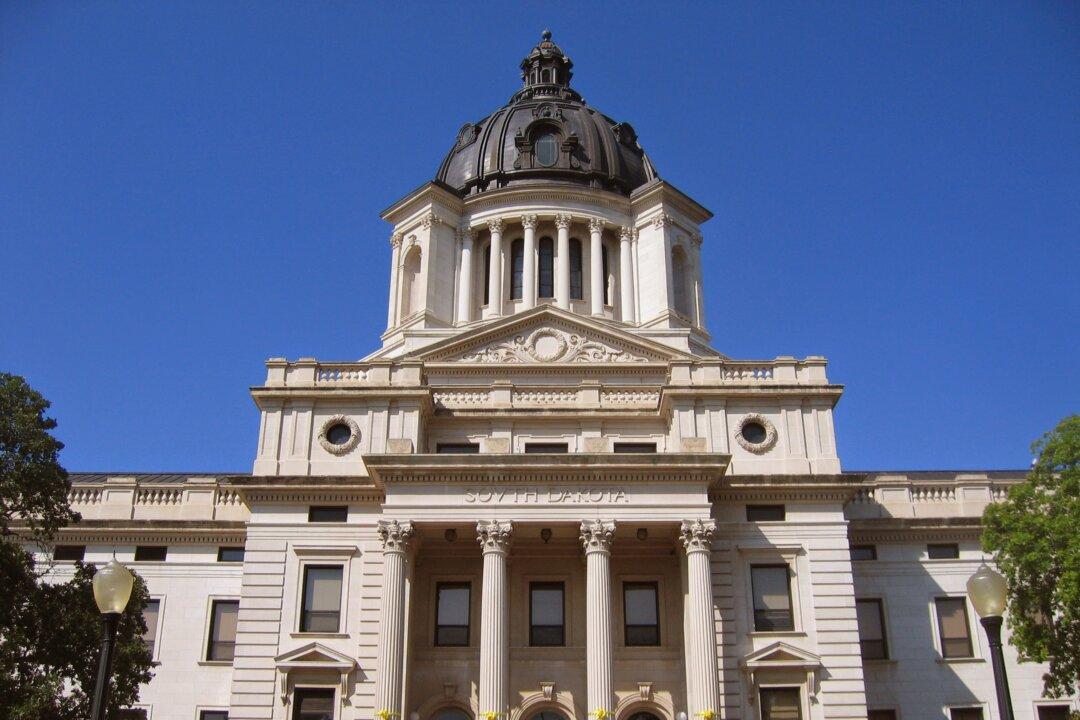As part of an ongoing nationwide backlash against politically correct restrictions on free speech in higher education institutions, a new “campus intellectual diversity” law in South Dakota that takes effect July 1 will require the state’s universities to respect free speech rights, promote intellectual diversity, and submit annual reports detailing their efforts.
According to the Foundation for Individual Rights in Education (FIRE), 17 states have enacted campus free speech protections. Critics say some of the protections lack adequate enforcement mechanisms.





